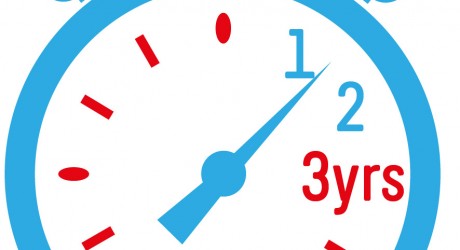Treatment
Following an amputation treatment will vary from individual to individual.
Many factors need to be taken into account when treating someone post-amputation.
Treatment will not be limited to physical needs but will also include the psychological needs of the individual.
Phantom Limb Pain
Phantom limb pain can be difficult to treat, as the effectiveness of treatment differs between individuals, and it may be that several treatments need to be tried.
Physical
The main treatment for amputation will be the use of prosthesis.
A prosthesis is an artificial device that replaces a missing part of the body lost due to injury, disease or birth defect.
Psychological
Treating the psychological effects of amputation can be just as important as treating the limb itself.
Those who experience psychological difficulties as a result of their amputation may be referred to counselling.
Counselling is a form of talking therapy, allowing the person to discuss their problems and feelings in a confidential and non-judgemental environment.
Whilst some refer to ‘counselling’ as a generic form of therapy it is in fact a specific type of therapy in its own right.
Other psychological therapies include;
- Psychotherapy
- Cognitive Behavioural Therapy (CBT)
- Relationship Therapy (between members of a family, couples or work colleagues)
The aim of counselling therapies is to assist individuals deal with and overcome issues that are causing pain.

